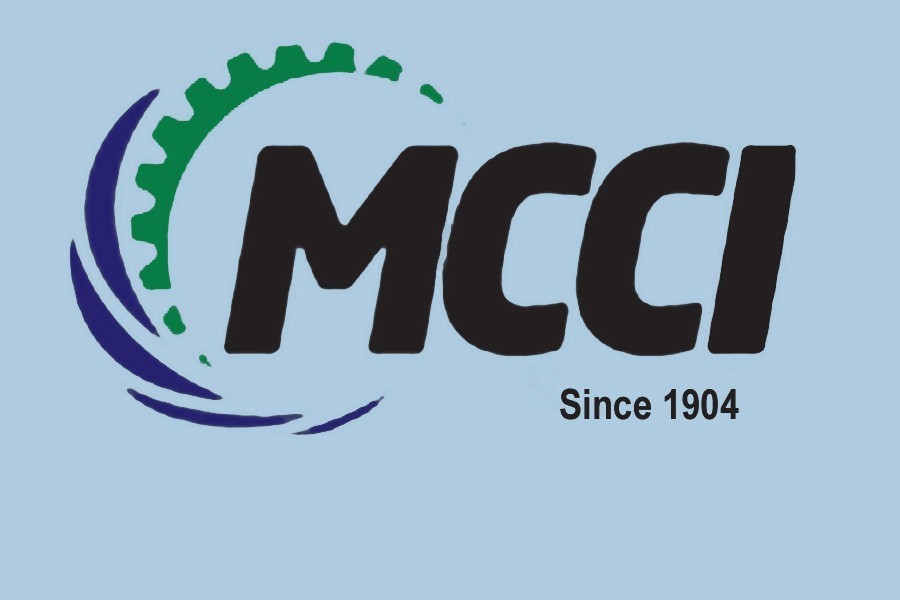Outlining multiple challenges facing the country on business and fiscal fronts, the Metropolitan Chamber of Commerce and Industry (MCCI), Dhaka, a leading trade body, has suggested that the government take steps to overcome those and help achieve the desired economic growth.
"Most of the local economic indicators are facing uncomfortable ride amid a gloomy global economy," said the MCCI in its 'Quarterly Review of Economic Situation in Bangladesh (Q2 of FY '20).
"The economy, however, has faced a number of challenges on its business and fiscal fronts in recent times, even though the political atmosphere has been peaceful," it said.
According to the MCCI, the challenges that need to be addressed properly are inflationary pressure, slower growth in export and import, shortfall in tax collection and vulnerability of the banking sector.
Slow private-sector credit growth, a fall in the key indexes of the capital market, lack of investors' confidence and a lower rate of foreign investment are among other challenges listed by the MCCI.
Infrastructure deficits and gas and power supply problems along with faulty transmission capacity have also been undermining the performance of all productive sectors of the economy, it said.
"The government should adopt adequate steps to overcome these problems and maintain political stability, which are essential for creating an investment-friendly climate, so crucial to achieve higher economic growth."
The leading trade body, however, said remittances have been increasing with exchange rate remaining stable and foreign exchange reserves rising to a comfortable level.
The review of the July-December period of this fiscal year (FY) shows agriculture, manufacturing and service sectors performed well, but continuous support of various types is needed to sustain growth.
One of the major objectives of the government is to transform the country into a middle-income country by 2021, it cited.
The MCCI thus suggests that the government accelerate the economic growth rate to about 10 per cent from the present 8.15 per cent, expand exports and stimulate investment.
"Though most local economic indicators are facing uncomfortable ride amid a gloomy global economy, GDP growth in the current fiscal is expected to exceed last year's 8.15 per cent."
In its sector-wise review, the MCCI said private-sector credit registered 9.84-per cent growth during the period between December 2018 and December 2019, compared with higher growth of 13.20 per cent during the period between December 2017 and December 2018.
Private-sector credit growth is also below the central bank's target of 14.8 per cent set in the revised monetary policy for the fiscal year 2019-20 (revised MPS, FY20), it mentioned.
Stocks in both Dhaka and Chittagong stock exchanges continued to suffer mainly due to crisis of confidence during most of the time in Q2 of this fiscal, it said.
The MCCI added that key indicators of the bourses -- broad index, turnover and market capitalisation -- declined markedly.
It also referred to the government's revenue incomes, sustained fall in export receipts, lower FDI inflow and lower implementation rate of the annual development programme during the period under review.
However, it projected that export earnings, import payments and remittances might see uptrend at the end of third quarter (January-March) of this fiscal.
According to the MCCI, earnings from merchandise exports are likely to reach $3,780 million.
The total import payment and inward remittances might stand at $5,200 million and $1,790 million respectively at the end of March, it predicted.


